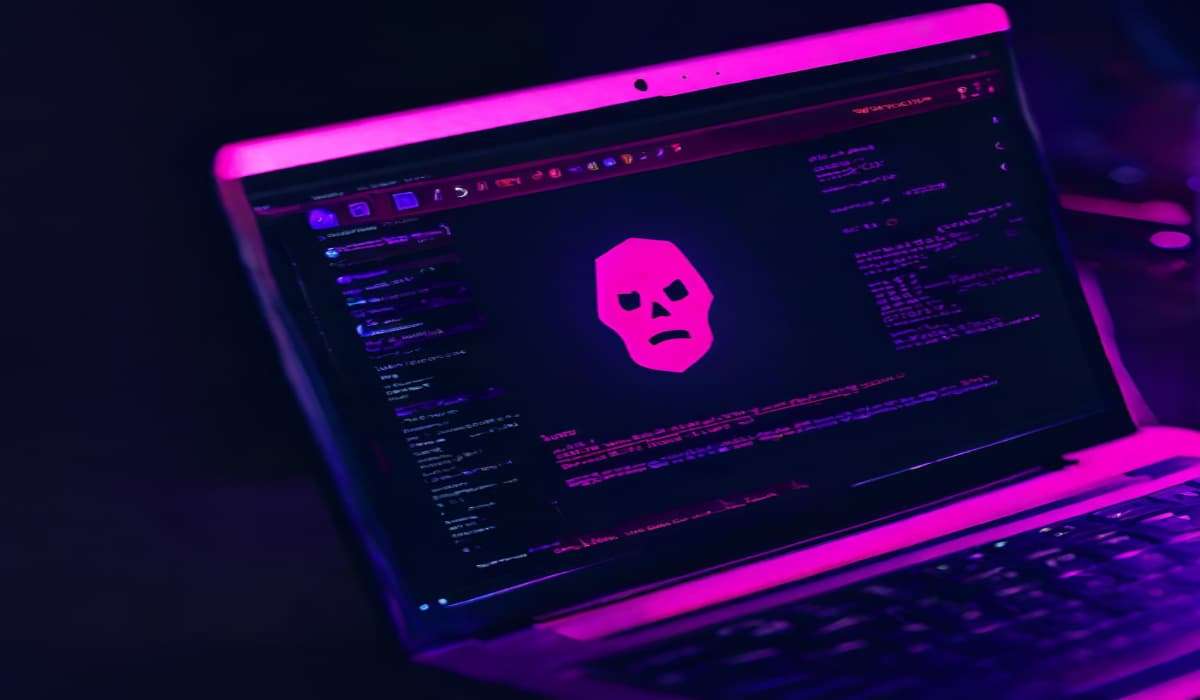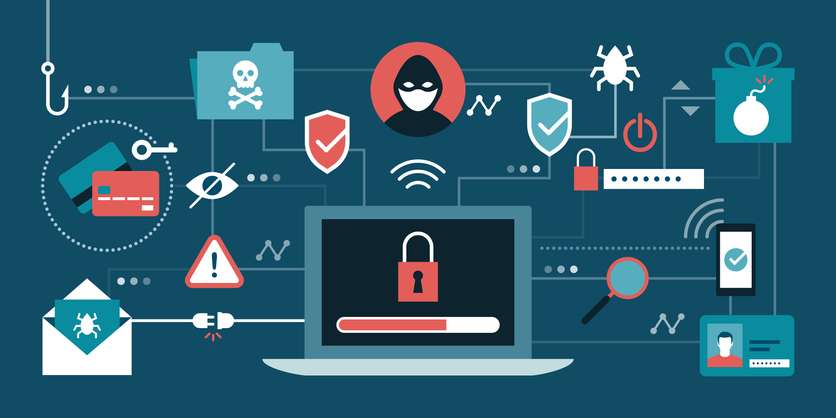Malware called Raccoon Stealer is being used in attacks against organizational systems in the United States, the Middle East,... So what is it? Let's find out in the next parts!
What is Raccoon Stealer?
Raccoon Stealer (also known as Legion, Mohazo and Racealer) is a high-risk trojan-type application that sneaks into systems and collects personal information. Installing this trojan on your computer can lead to various problems. Furthermore, cyber criminals offer the services of this trojan in hacker forums to earn extra income.
Raccoon Stealer range of operations
Raccoon is delivered in multiple ways, for example through exploit kits, phishing attacks, and bundled malware.
1. Usually hosted on websites, exploit kits profile victims for any potential browser-based weaknesses before sending them to the relevant exploit kit to take advantage of them. While a victim is online, exploit kits immediately reap the benefits of flaws on their computer.
2. Phishing is a social engineering attack where a user is tricked into executing malicious content. In phishing attacks, Microsoft Office documents with harmful macros are embedded in fraudulent emails distributed to potential victims.
3. Bundled malware is malware bundled with legitimate software downloaded from "shady" websites with the primary payload of the info stealer to infect unsuspecting users.
During installation, the bundled malware is frequently concealed from the user or is made installable through social engineering methods.
How does Raccoon Stealer malware spread?
Raccoon stealing malware is distributed using many channels such as browsers, however the most common method of destruction is using exploit kits. Attackers can even manage campaign configuration through the dashboard. The malware mainly uses the Fallout exploit kit. This distribution method makes it possible for infection to occur even without active user interaction - victims are infected by simply surfing the web.
The malware also infiltrates Microsoft Office document attachments on victims' PCs that are being distributed in spam campaigns. Infected documents contain macros that download malware when enabled.
Additionally, the hacker set up a Dropbox account where malware was stored inside an .IMG file. Attackers use social engineering to trick victims into opening a malicious URL and downloading an infected file.
Finally, the final distribution method is “bundled malware.” When users download real software from suspicious websites, Raccoon sometimes appears as an unwanted part of the package included with the legitimate program.

Who is Raccoon Stealer aimed at?
There are many targets this malware targets, here are all the targets it can attack:
Individual:
Everyday users of computers, smartphones, and other devices can be targeted through phishing, ransomware, or other forms of malware.
Businesses:
Small, medium and large businesses across a variety of industries can face attacks aimed at financial gain, data theft or operational disruption.
Government agencies:
Local, state, and national government organizations can be targeted for political motives, espionage, or disruption of critical services.
Critical infrastructure:
Sectors such as energy, water, transport and healthcare are at risk due to potential impacts on public safety and essential services.
Healthcare facilities:
Hospitals, clinics and pharmaceutical companies may be targets of sensitive patient data, service disruptions or financial incentives.
Financial institutions:
Banks, credit unions and other financial institutions are attractive targets for cybercriminals looking for financial information and unauthorized transactions.
Educational facilities:
Schools, colleges and universities can face attacks for a variety of reasons, including theft of research data or disruption of academic activities.
Non-profit organizations:
Charities, NGOs and other non-profit organizations can be targeted for financial gain or disruption of their operations.
High value industries:
The technology, defense and aerospace sectors may become targets for economic or political reasons due to the value of intellectual property.
Home users and IoT devices:
Individuals with smart homes and Internet of Things (IoT) devices can become targets for data theft or be part of botnet attacks.
Global Internet users:
Malware attacks can affect anyone with an internet connection, regardless of location or occupation.
Motives behind these attacks can range from financial gain and data theft to political activity, espionage or state-sponsored cyberwarfare. It is important for individuals and organizations to implement strong cybersecurity measures to minimize the risk of falling victim to such attacks.
Protective and countermeasures
It is best to take preventive measures to avoid unpleasant consequences caused by Raccoon Stealer. As with other malware, prevention is critical. The following tips will help keep the chances of getting problems from Raccoon Stealer to a minimum:
- Avoid interacting with suspicious emails, as Raccoon usually spreads through spam. Such emails often contain strange requests or notifications, making them easy to spot with proper attention. Always check the sender’s address, and do not open attachments or links in suspicious emails.
- Be careful about the links you click; compromised websites or exploited landing pages are often used to spread more sophisticated malware. No matter how convincing an email from a colleague might be, we recommend that you ensure he sends the email before clicking on the links. In addition, avoid any links that lead to unfamiliar websites or shortened links.
- Consider purchasing advanced anti-malware tool. Using a reliable anti-malware program provides added security and eases the burden of manually checking emails and links.
- - Use online anonymous tools such as: SMSer.net (Receive sms online), Smailpro.com (Temp mail), Ugener.com (Fake name generator), Cardgener.com (Random credit card numbers generator) to protect Protect your real personal information.
Final
In short, in the digital world there exists not only Raccoon Stealer malware but many other malware. It is important that we raise awareness of its harmful effects to effectively prevent it.
Thank you for reading, I hope this article will be useful to you!




